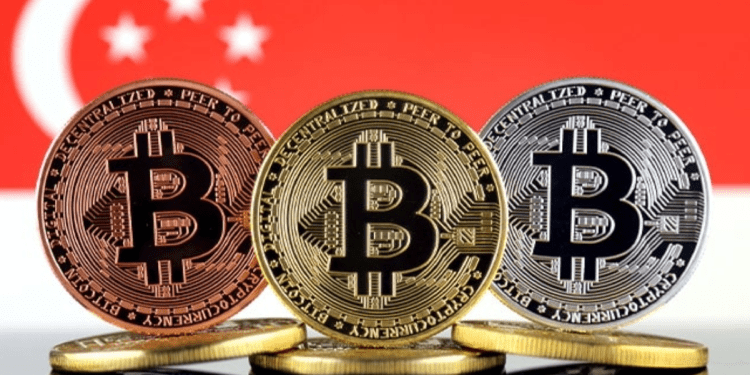- The Monetary Authority of Singapore reveals that no businesses qualify for its FinTech Regulatory Sandbox as crypto payment providers.
- Singapore’s Fast and Secure Transfers system, a means for electronic funds transfer, is open to all businesses, including those in the crypto sector.
- The city-state aims to bolster its fight against money laundering by implementing rigorous measures, making its crypto regulations among the world’s strictest.
When controversy arose concerning crypto adoption in Singapore, the Monetary Authority of Singapore (MAS) stepped in to set the record straight. The authority emphasized that Singapore doesn’t maintain a specialized “crypto sandbox.” Instead, their focus is on a more inclusive sandbox that nurtures various fintech innovations.
A recent concern expressed through a letter in the Financial Times suggested that the city-state might have hastily allowed cryptocurrency companies to use the Fast and Secure Transfers (FAST) system. This system permits efficient Singapore dollar fund transfers between entities within the country. Yet, the MAS was quick to highlight that every business holding a valid bank account, including those from the crypto industry, has the privilege to access FAST. Importantly, these transfers are conducted in fiat money and not digital currencies.
Further addressing the issue of rising scams, the MAS strongly dismissed any direct association between such fraudulent activities and cryptocurrencies. They highlighted that scams typically involve fraudsters manipulating customer devices to execute unauthorized transactions. These transactions are usually carried out in traditional fiat currencies within the banking system.
Singapore is determined to uphold a strict stance on money laundering, especially concerning the crypto industry. Crypto businesses in Singapore will need to present solid Anti-Money Laundering strategies to acquire operational licenses. By the end of this year, as these precautions take root, Singapore aims to be recognized globally for its tight control over cryptocurrency regulations, especially concerning retail access.
Moreover, the recent public consultation initiated by the MAS demonstrates their dedication to curbing the potential risks that cryptocurrencies might pose to retail customers.
The narrative on cryptocurrencies has always been cautious. This sentiment was echoed by the newly elected president, Tharman Shanmugaratnam, a former MAS chair.
In his earlier capacity, he expressed concerns over the volatile nature of crypto assets and cautioned Singapore residents in 2021 about the potential high risks associated with such investments.
Singapore’s Diverging Crypto Paths
Singapore continues to embrace a forward-thinking approach toward cryptocurrencies, with the MAS prioritizing the development of a robust regulatory environment. By seeking to position itself as a central hub for crypto assets, Singapore emphasizes the need for stringent regulations to counteract the volatile nature of speculative trading. In line with this, MAS introduced the Travel Rule by 2023 to ensure that crypto transactions align with international standards.
In contrast, Malaysia adopts a more cautious attitude. While acknowledging the inherent potential of digital currencies, Malaysia has instituted tight controls over crypto exchanges and initial coin offerings (ICOs), making its regulatory landscape comparatively more constrained than its southern neighbor.
Despite whispers of potential crypto bans surfacing across the globe, neither Singapore nor Malaysia show signs of clamping down completely on digital assets this year. Specifically, Singapore is fine-tuning its regulatory architecture to foster, not stifle, the growth of the crypto sector.
This divergence underscores the region’s mixed reactions to the crypto revolution, with Singapore’s proactive approach juxtaposed against Malaysia’s more prudent stance.














